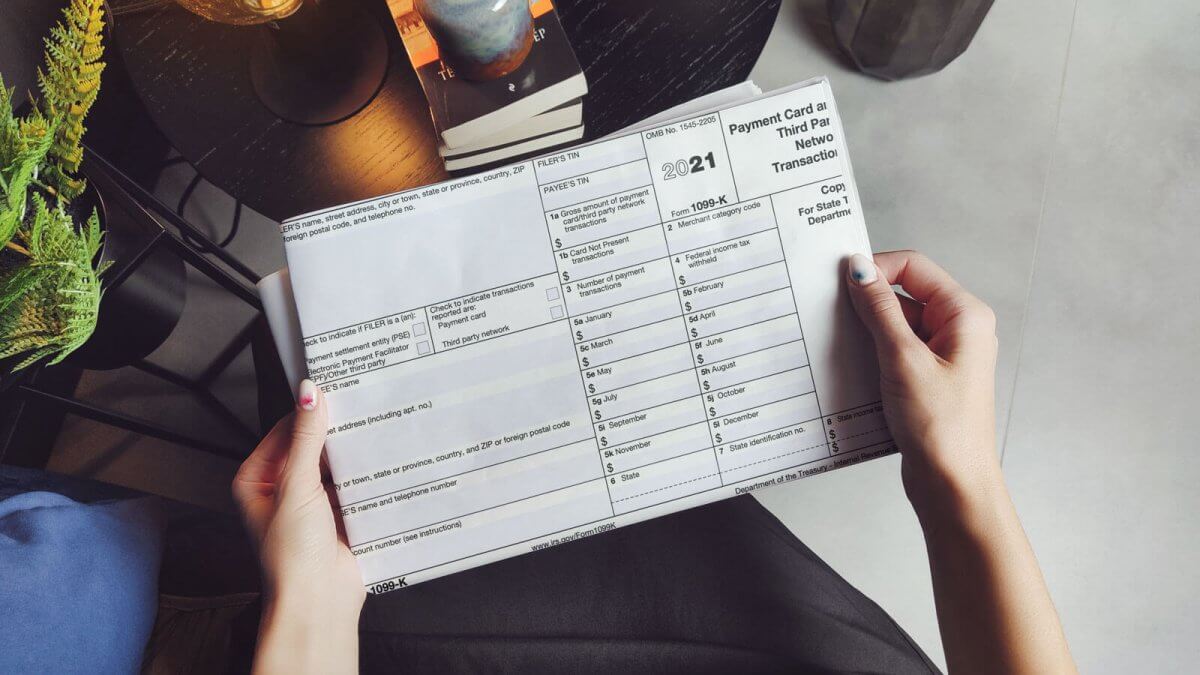
Currently, all law enforcement officers need to access your private data is a subpoena with no judicial oversight. For instance, if they want access to your emails or social media messages that are more than 6 months old, they can claim access without a search warrant. Compare that to law enforcement seeking access to your home mailbox. In this case, they would need a search warrant. In our digital age, why should there be a difference between an email and a printed letter?
Congress originally passed, the Electronic Communications Privacy Act (“ECPA”) in the eighties to protect citizens’ privacy in electronic communications for telephone calls, facsimile, and electronically stored data. Before email exchanges became a prevalent mode of communication commercially, many viewed emails kept for more than 6 months as inconsequential information that did not require a search warrant. However, changing times reveal that many Internet users choose to use web-based email as their personal lock box. Now, government may rely on lesser privacy standards to access your personal information in cyberspace that would otherwise require a search warrant in the physical world.

The Internet Association supports ECPA reform. Our industry understands and supports law enforcement’s important mission to maintain the safety of citizens but believes that they should obtain a warrant before gaining access to content albeit in cyberspace or physical-space. The Constitution does not end at the gateway to the Internet.










